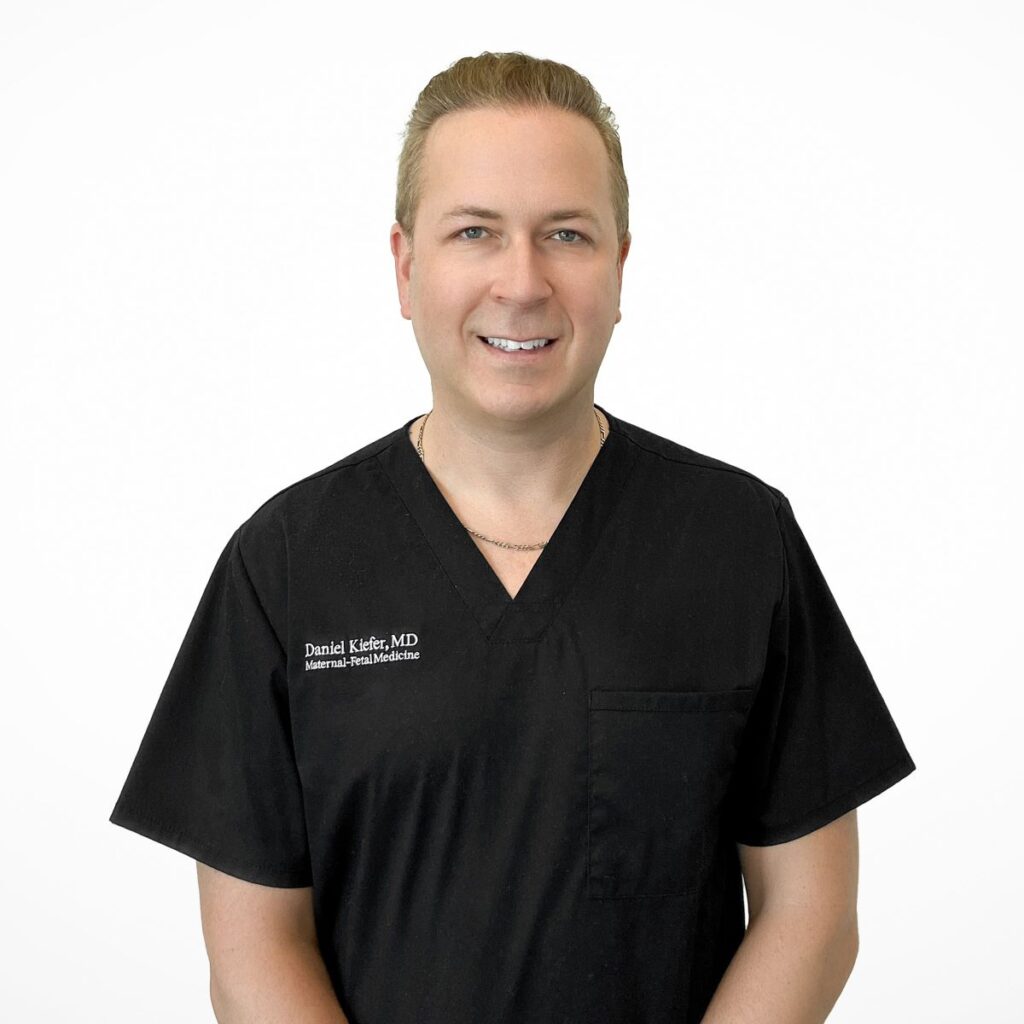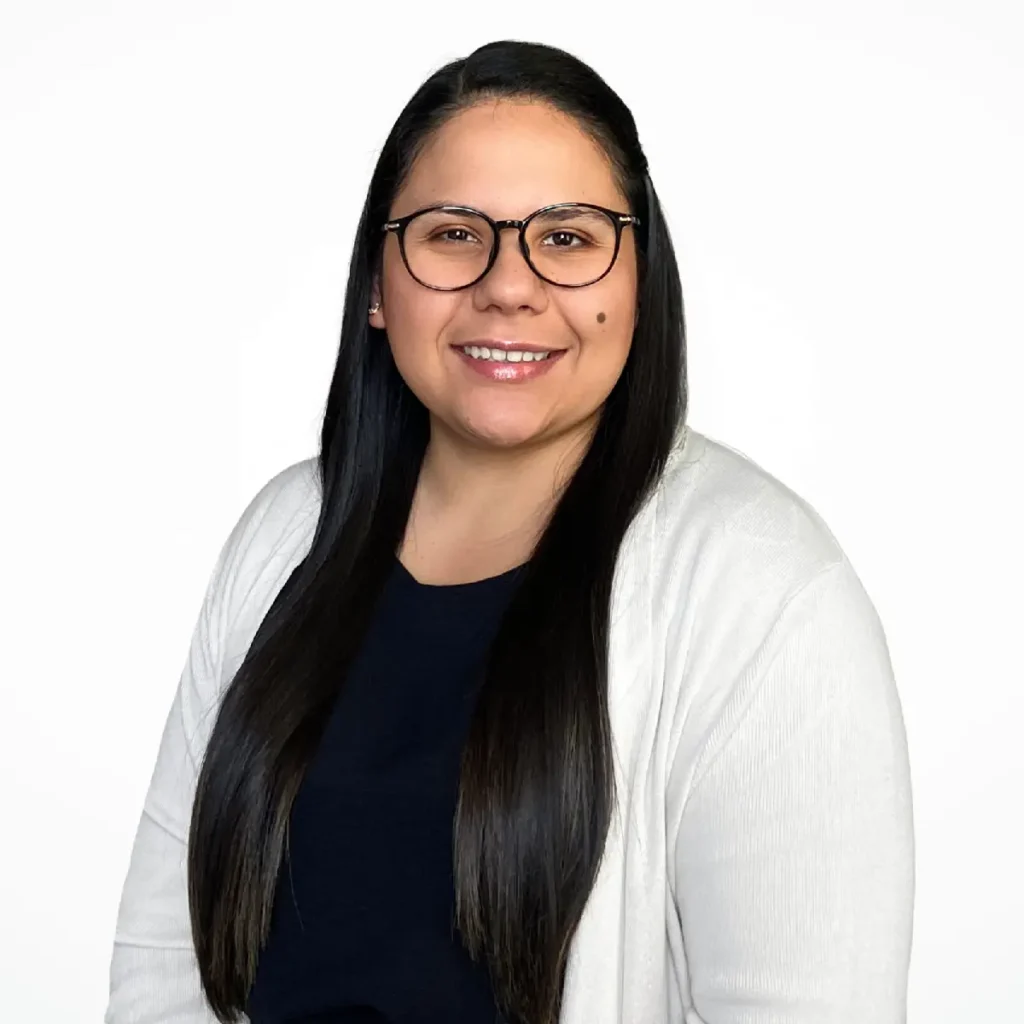We are dedicated to empowering women with the tools and knowledge needed to safeguard their health. Routine cancer screenings, such as Pap smears, HPV tests, and mammograms, play a vital role in the early detection and prevention of gynecologic and breast cancer.



